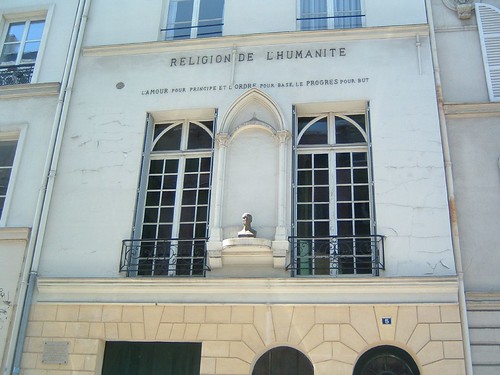Austan Goolsbee writes in the _NYT_ that France’s efforts to make iTunes inter-operable with non-Apple music players is a bad idea.
bq. In iTunes War, France Has Met the Enemy. Perhaps It Is France.
bq. … The legislature paid no mind to such analysis and seems not to have considered innovation at all. Therein lies the danger. Apple largely created the online market for legal music. The record labels’ own attempts flopped embarrassingly. Until iTunes, virtually no one paid for online music. Since then, iTunes has sold more than one billion songs. Its success comes largely from two crucial innovations. First, Apple’s music store is simple and works extremely well with the iPod. Find the music. Click “Buy It.” Drag the files onto the iPod icon. That’s it. Experiences with other players and music stores are far more complicated. Further, iTunes keeps getting better. Apple has added video capability, celebrity play lists, exclusive music, the ability to convert home movies into iPod format, and many other features — all free. Second, iTunes has lots of music. Largely because of the innovative iTunes FairPlay copy protection and digital rights management software, Apple persuaded major record labels to let them sell much of their best content online. The combination of simplicity and variety proved a huge winner. … If the French gave away the codes, Apple would lose much of its rationale for improving iTunes. … Opening the codes threatens that link. Apple would need to pay for iTunes features with profits from iTunes itself. Prices would rise. Innovation would slow. Even worse, sharing the codes could make it easier for hackers to unravel Apple’s FairPlay software. Without strong copy protection, labels would not supply as much new music.
The issue is moot – it appears that the French proposal has been very substantially weakened – but I’m not convinced by Goolsbee’s underlying claims. There seem to be two elements to Goolsbee’s arguments. First he makes a claim about the need to protect Apple’s quasi-monopoly in order to protect innovation. There’s a reasonable argument to be made here, but as far as I’m aware, economists have very considerable difficulty in coming up with convincing arguments about the appropriate level of protection necessary to encourage innovation. Even if you buy the basic claim, it’s hard to come up with a convincing rationale for the claim that Apple’s protections are just right for encouraging innovation, and that a weakening of those protections mightn’t have salutary effects. Indeed, there’s a plausible economic case for skepticism about the value of intellectual property protection _tout court_: see the discussion in Benkler’s _Wealth of Networks_.
Second, Goolsbee claims that sharing codes would make it easier for hackers to break FairPlay. This seems to me to be even less convincing. As best as I can tell, the main reason why hackers aren’t interested in breaking FairPlay isn’t because it would be difficult, but because it’s unnecessary. There is a very well known security hole in Apple’s system – you can burn your music to an unprotected CD, and then make mp3s, Ogg Vorbis files or whatever to your heart’s content. Hence, I suspect, the abandonment of PyMusique and other efforts to circumvent Apple’s controls – there’s no point to them.
All this said, I think that there’s a plausible rationale to support Apple’s power, but it doesn’t flow from mainstream economics or from the purported virtues of DRM. It comes instead from Galbraith’s idea of countervailing powers. As the FT reported yesterday, Apple seems to have done what antitrust authorities on both sides of the Atlantic have failed dismally to do – to make it more difficult for record companies to collude in setting prices and reap the ensuing oligopoly profits. It’s forced the record labels to commoditize albums by selling them at a price which is considerably lower than the price that the record companies would prefer – given sagging sales of CDs, the labels have had little choice but to accede to Apple’s terms. None of this is to say that Apple may not abuse its position in the future – but for the moment at least, it appears to be having a valuable chastening effect.
